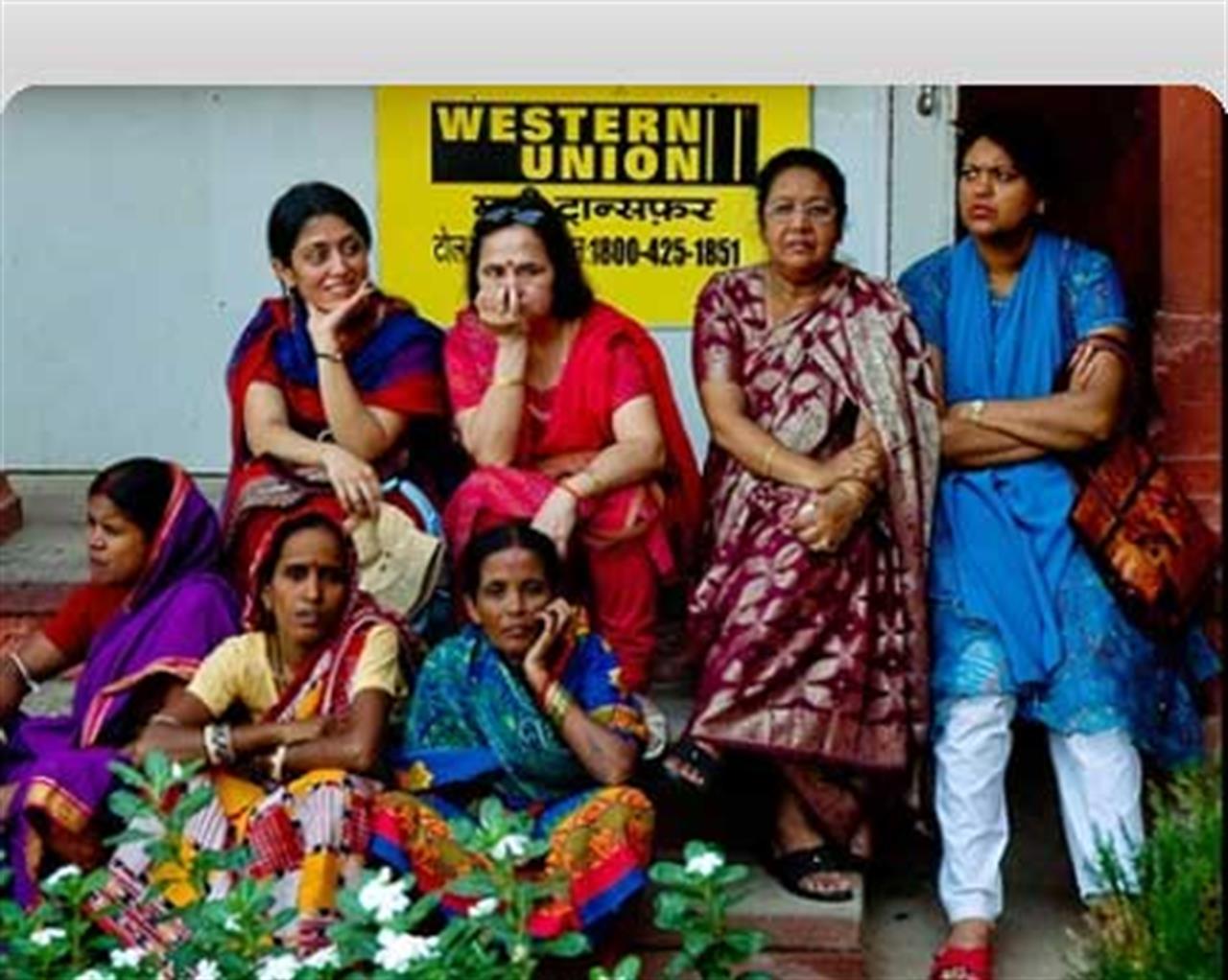Europe launches an open call to civil society worth 10 million euros: hunt out the projects that promote skill building among migrant workers.
Migration and development. If people made the effort to look beyond the immigration “emergency” they would see that immigrants are probably one of the most precious human resources we have to fight world poverty. The evidence? Two big international institutions like the International Organization of Migration ( IOM ) and the World Bank (WB) confirm the hypothesis. According to the first there are about 200 million migrants in the world whose remittances, counted by the WB,amounted to 314 billion euros in 2007, 240 billion of which were sent to developing countries.
These are impressive numbers that the United Nations have been paying attention to, especially since the high representatives of the countries in the UN general assembly met in 2006 to discuss one of the most important benefits of migration: the relationship between remittances and development.
Despite the French UN presidency has focused mainly on repatriation policies, the EU looks like it is beginning to wake up and realizing the important role played by migrants who, because of the higher wages earned abroad, are able to send money back home to their families thus contributing positively to local economies. The United Nations Development Program (UNDP) and European Commission, together with other four UN Agencies (the IOM, IOL, UNHCR and UNFPA), have launched an initiative to encourage civil society and local authorities in the South and North to become more involved in the relationship between migration and development.
This innovative project is the backdrop to a “knowledge fair” organized by the UNDP in Brussels on December 1-4 called Migration for Development. The event brought together more than 250 representatives from Europe and countries in the South who were thus able to meet and exchange their know how. The Fair was also used as the opportunity to launch a call for proposals in support of programs geared at connecting migration and development.
Remittances featured among the themes addressed during the fair, in particular it was noted how these face numerous obstacles that limit their impact on society and human development. Cècile Riallant, an expert in migration and a consultant for the UNDP/EC project, explains that: “People who want to send their money across borders to their families face multiple difficulties. First of all there are high transitional costs and secondly there is a general lack ofinformation on the best ways to send money home, especially among women. The third important problem that limits the effectiveness of remittances is the absence of a capillary banking network in developing countries, especially in the rural areas. One of our most important goals is to support collective investments in remittances so that these may have a more structural impact on development.”
The UN call for proposals has a 10 million euro budget and is aimed at civil society actors, European local authorities and to the 16 countries from the south that have been chosen to participate – Georgia, Moldavia, Morocco, Tunisia, Algeria, Egypt, Senegal, Capo Verde, Ghana, Nigeria, Mali, Ethiopia, Sri Lanka, Philippine, Jamaica, Ecuador. The call will support those projects that focus on four main issues: remittances, migrant communities, migrant skills and migrant rights. The deadline is on March 13, 2009.
Cosa fa VITA?
Da 30 anni VITA è la testata di riferimento dell’innovazione sociale, dell’attivismo civico e del Terzo settore. Siamo un’impresa sociale senza scopo di lucro: raccontiamo storie, promuoviamo campagne, interpelliamo le imprese, la politica e le istituzioni per promuovere i valori dell’interesse generale e del bene comune. Se riusciamo a farlo è grazie a chi decide di sostenerci.

